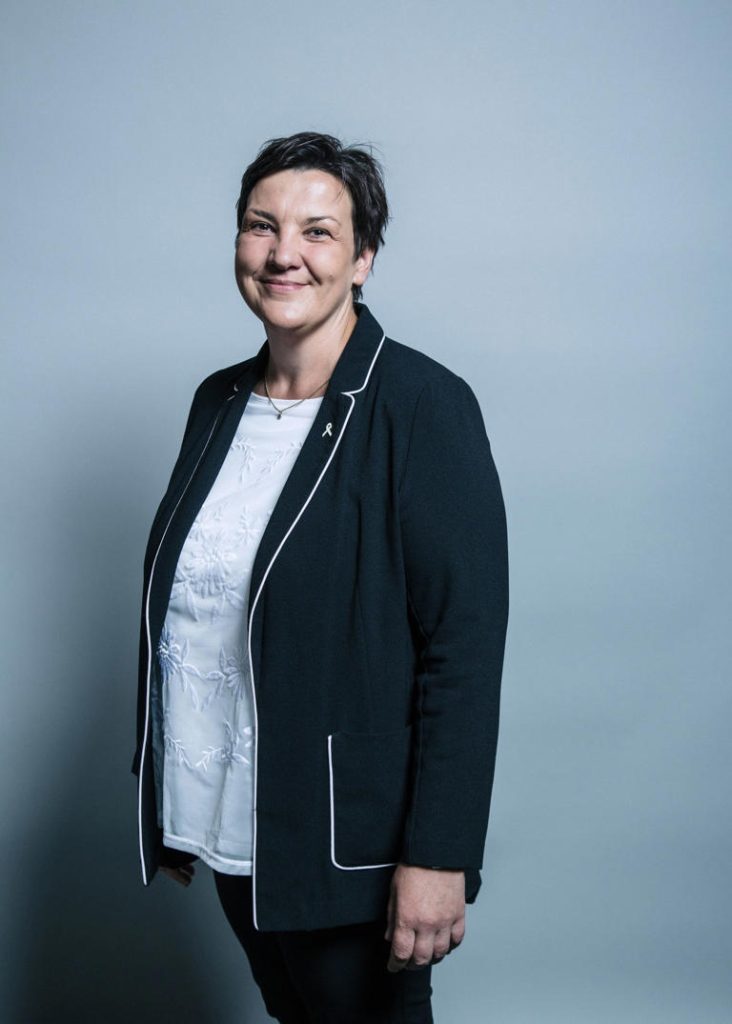In a major shift in UK reproductive law, Members of Parliament have voted in favour of removing criminal penalties for women who terminate their own pregnancies.
The House of Commons backed Labour MP Tonia Antoniazzi’s amendment to the Crime and Policing Bill by a vote of 379 to 137, a commanding majority of 242. The move effectively begins the process of decriminalising abortion, reframing it as a healthcare matter rather than a criminal offence.
Speaking in Parliament, Ms Antoniazzi said the amendment would end the threat of “investigation, arrest, prosecution or imprisonment” for women making decisions about their own pregnancies. Her campaign was driven by recent cases where women faced police investigations after experiencing suspected illegal abortions.
“This is the right change at the right time,” she said. “Not a single desperate woman should ever again be subjected to traumatic, criminal investigation at the worst moments in their lives.”
Key Points of the Reform
- The 24-week legal limit for abortion remains unchanged.
- Two doctors must still approve the procedure.
- Healthcare professionals acting outside the law and abusive partners using violence to end pregnancies will still face prosecution.
- No legal penalty will apply to women who end their pregnancies on their own, including through the use of prescribed medication.
Justice Minister Alex Davies-Jones confirmed the Government would respect the outcome of the vote and ensure any law passed is legally sound and workable.
Although the Government maintained a neutral stance, several senior Cabinet ministers, including Ed Miliband, Liz Kendall, John Healey, and Jo Stevens, voted in favour of the amendment. Meanwhile, high-profile Tories such as Kemi Badenoch opposed it, highlighting ongoing division on the issue.
Public and Organisational Reaction
The move was hailed as a “landmark moment” by the British Pregnancy Advisory Service (BPAS). CEO Heidi Stewart called it the most significant change since the 1967 Abortion Act, saying, “No more women will be dragged from hospital beds to police vans, or separated from their children due to outdated laws.”
However, the Society for the Protection of Unborn Children (SPUC) condemned the vote, warning it could allow terminations at any stage of pregnancy without legal consequence. “This strips away even the limited protections we had,” said SPUC spokesperson Alithea Williams.
The amendment must now pass through the House of Lords before becoming law. It does not apply to Scotland, where a separate review of abortion laws is underway.
Meanwhile, alternative proposals — including one from Labour MP Stella Creasy to fully repeal 19th-century abortion laws — were defeated. A third proposal, from Conservative MP Dr Caroline Johnson, which sought mandatory in-person consultations, was also rejected.
As debate continues, the decision marks a pivotal moment in the UK’s approach to women’s reproductive rights — with potential cultural and political ripple effects still unfolding.



